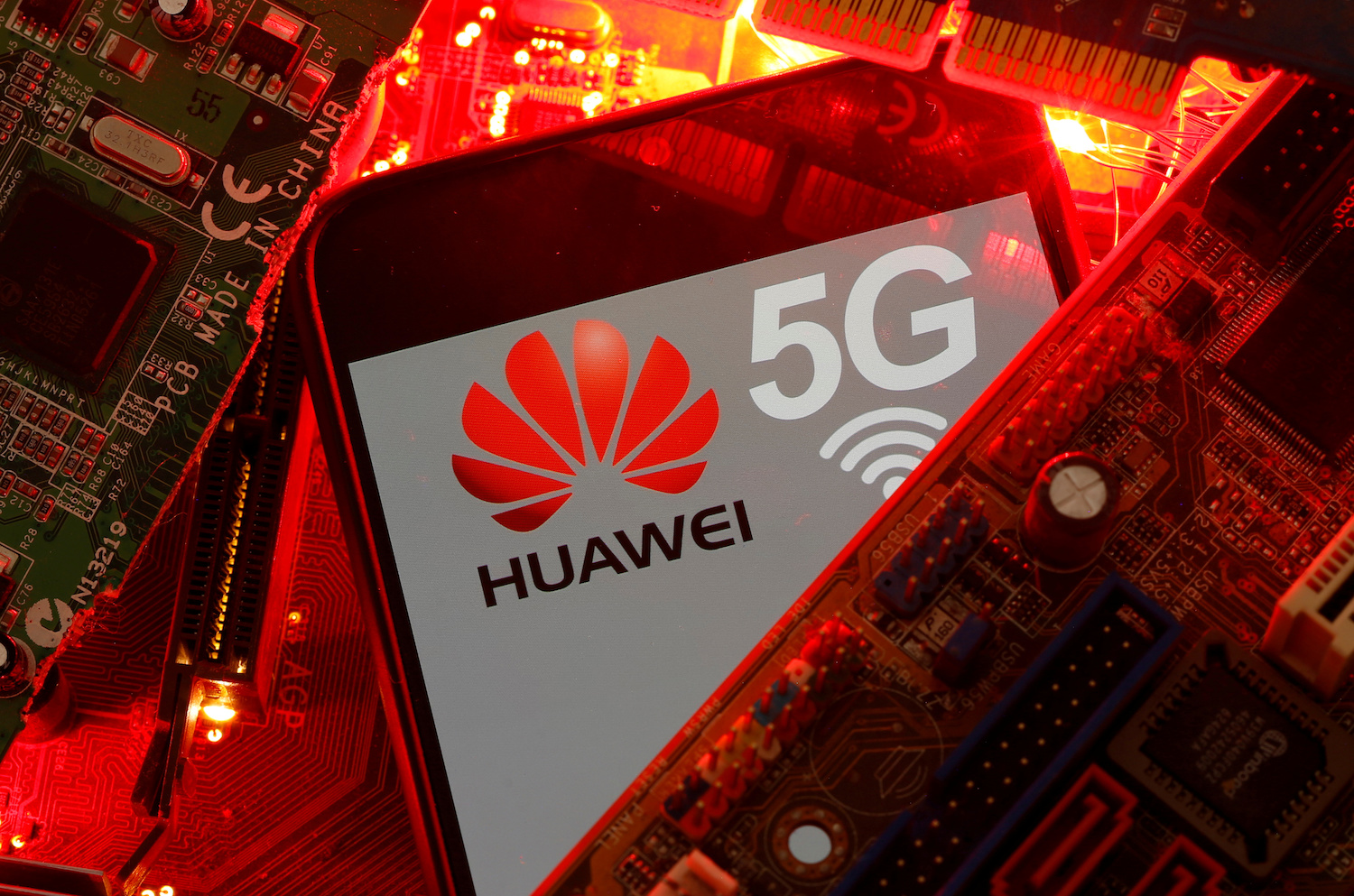(ATF) As the third quarter is coming to an end, the decline in the memory chip market in China has not stopped, according to Chinese Tech news outlet Fast Technology.
But the contract market and the spot market were described as seeing “two days of ice and fire.” This was in early September – due to the spot price of memory products rising by 10-15%, mainly because Huawei was “sweeping the floors” to buy as many memory products as it could before the US ban began.
September 15 was the day when the US government ban on doing business with the Chinese tech giant officially took effect.
Manufacturers of memory chips had to cut off their supply to Huawei, which had launched a frantic effort in the spot market to order stock as the deadline got nearer, Fast Technology reports. As a result, the spot price of memory products jumped early this month.
The spot price is usually a bit more expensive than the price of products ordered by contract, and its market share is usually very low.
Huawei’s “sweep of the floors” sparked the rise in spot prices, but the contract price has not improved. In fact, is expected that it will drop in third quarter of this year, as the three major markets – servers, mobiles and consumers – have all fallen.
According to Fast Technology, server memory prices will fall by 10-15%, mobile memory prices will fall by 8%, and consumer memory prices will fall by up to 10%.
Samsung and other companies’ inventory levels have reached four months of supply, which has caused memory prices to continue to decline.
Secondhand phones more pricey
Meanwhile, another Chinese Tech site www.eet-china.com has said secondhand Huawei phones are more expensive than new phones advertised on Huawei’s webstore.
A secondhand Huawei Mate 30 pro 5G mobile-phone was advertised at 6,388 yuan (nearly US$937), on an e-commerce platform, well over the price – 5,399 yuan ($792) for the latest Huawei flagship phone.
Having heard of the cut-off of memory chips with US tech and other components, some consumers appear suspicious of the newer phone – while others are buying the older phones as collector items.
But the tech site said Huawei employees were still chipper (we’ll say it again if you don’t at least grin).
A Huawei employee said: “September 15 was an ordinary Tuesday for us.”
“As early as two years ago, the company has established a plan ‘from top to bottom’ – as if sanctions will begin tomorrow. Although this is ‘tomorrow’, Huawei employees ..seem accustomed [to the ban],” the employee explained.
And although their business is likely to face numerous difficulties, the company’s salary and benefits for employees had increased, not decreased, the report said.
Meng hearings in Vancouver
In related news, Huawei CFO Meng Wanzhou began further hearings today in Canada relating to the US wanting to extradite her. She and her legal team claim the United States omitted key facts to deliberately misled Canada about her alleged crimes to secure her arrest.
The defence started the week’s hearings by saying that the crux of the US charges against Meng – that she hid Huawei’s relationship with former subsidiary Skycom in Iran from HSBC bank – is false and lacks context.
Meng’s lawyer Scott Fenton accused the United States of having “breached its duty to be forthright and candid.”
“The misstatements (and) omissions in the record of the case,” he told the British Columbia Supreme Court, “go to the very heart of the fraud case.”
As such, he said, the extradition proceedings should be halted.
The case has added to severe strain in Sino-US ties and created an unprecedented rift between Canada and China.
Nine days after Meng’s arrest, China detained former Canadian diplomat Michael Kovrig and businessman Michael Spavor in what is widely viewed as retaliation over Meng.
Meng, however, is under house arrest for the duration of her trial, which is not due to end till March or April next year.
With reporting by AFP.
























